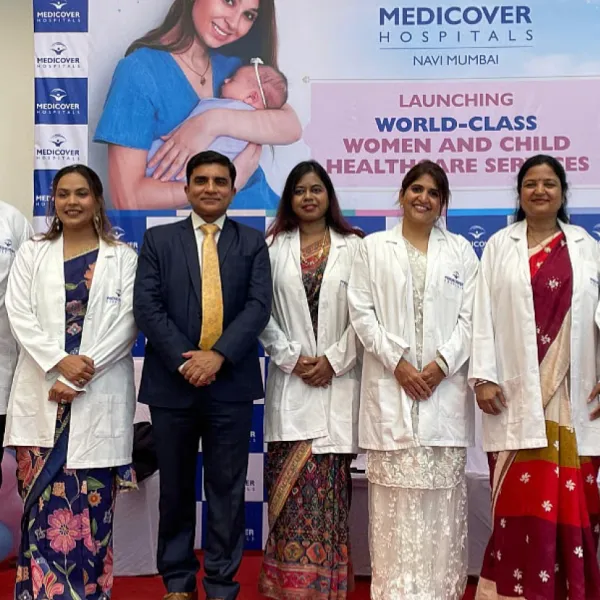DiMe Teams Up with Oura, Duke, & Others to Use Wearable Tech in Predicting Opioid Relapse

This initiative seeks to leverage biometric and behavioral data from consumer wearables to develop predictive interventions that can prevent opioid relapse and reduce fatalities.
The US-based Digital Medicine Society (DiMe) has announced a multi-organization collaboration aimed at tackling opioid use disorder (OUD) via wearable technology.
Partners in this initiative include Alcohol and Drug Services (ADS), Duke University, Google Fitbit, Morse Clinics, North Carolina Central University, Oura, ProofPilot, Triangle CERSI, and the University of North Carolina at Chapel Hill (UNC).
This initiative seeks to leverage biometric and behavioral data from consumer wearables to develop predictive interventions that can prevent opioid relapse and reduce fatalities.
According to the Substance Abuse and Mental Health Services Administration's 2023 National Survey on Drug Use and Health, 2% of individuals aged 12 and older, an estimated 5.7 million people, had an opioid use disorder in the past year.
As part of the project, researchers will identify physiological and behavioral indicators such as heart rate, insomnia, physical inactivity, and stress, all measurable through wearables, that can act as early warnings for relapse.
Additionally, smartphones will be used to track mental health signals such as social isolation and patient-reported anxiety and depression. These data points will help train a relapse-prevention tool.
Duke University's BIG IDEAs Lab will co-lead the research, conducting a pilot study with real-world patients to ensure data quality and effectiveness in building the predictive system.
"Our team is working to incorporate the many issues at play for those facing OUD – mental health, social support, treatment options, finances, access to technology, social stigma, and more - and build a tool that can meaningfully change the arc of OUD relapse and save thousands of lives," said Candice Taguibo, associate program director of DiMe.
In March, DiMe and Google Health launched a free online course, Generative AI for Healthcare, designed to educate healthcare professionals, researchers, and administrators on large language models (LLMs), their applications, and prompt engineering.
Stay tuned for more such updates on Digital Health News.
Stay tuned for more such updates on Digital Health News































